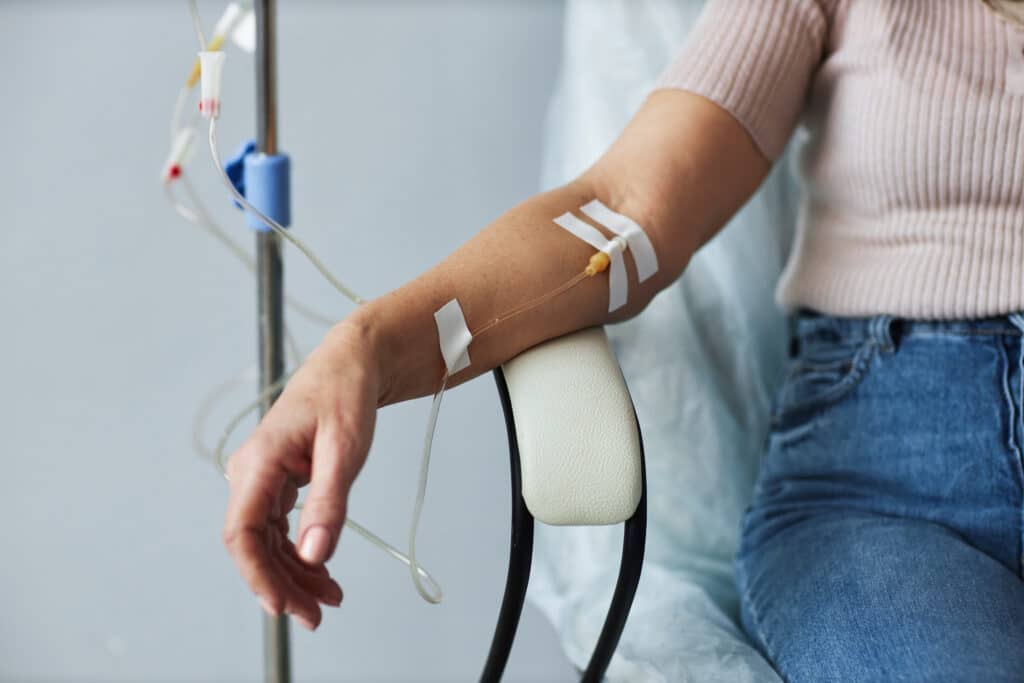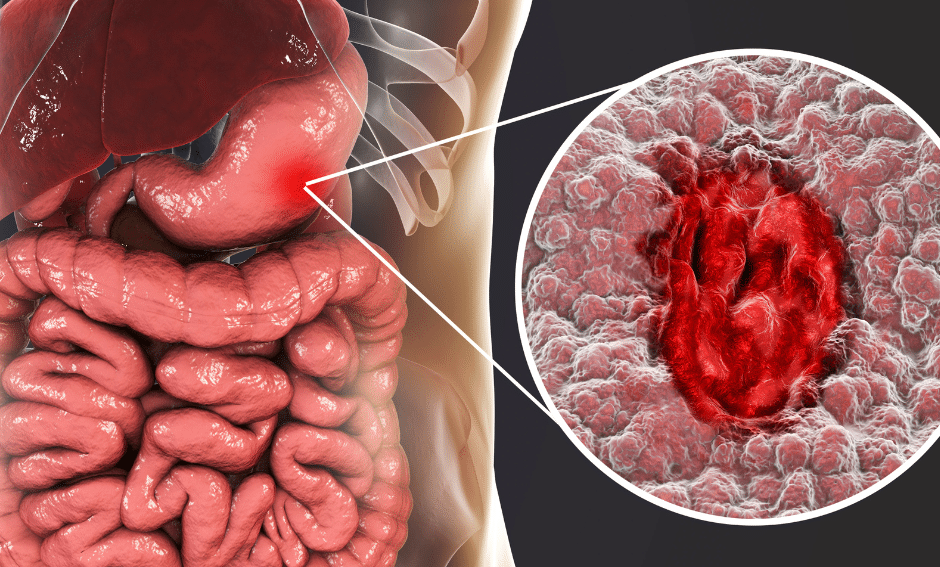Women’s Wellness and Your Digestive Health
We know that screening colonoscopy saves lives. So, it may be surprising to learn that even with all the publicity surrounding Colon Cancer Awareness this month, fewer women still get screened for colorectal cancer than men. Why is this the case?
Among some women, there is a misguided belief that they are less likely to get colorectal cancer (CRC) than men, but the truth is they are equally affected. In fact, more than 71,000 women are diagnosed with CRC each year and nearly 26,000 die from the disease. Despite this fact, most women believe that breast, uterine, cervical and ovarian cancers are potentially more lethal to them than colon cancer. Again, this is not true.
According to surveys, the reasons women are reluctant to get screened are the perception that CRC is a “male disease”, underestimation of their risk, embarrassment, and the perception that the procedure is painful. Additionally, there are fewer referrals for screening for women by primary care physicians – particularly if the primary care doctor is male. Lack of availability of female gastroenterologists who do screening colonoscopies has also been cited as a factor that contributes to lower compliance rates for CRC screening in women.
At DHC, although we have a significant number of female patients coming to all of our doctors for colonoscopies as well as other procedures, we are aware that multiple studies document that women have a 30% to 48% preference for females to do their procedure. We are proud to have women gastroenterologists as part of our practice, but considering female membership makes up less than 10% for most gastroenterological societies, it is clear that more women need to be attracted to the field of gastroenterology.
We understand the differences between men and women. Both may develop similar digestive conditions. These include irritable bowel syndrome (IBS), inflammatory bowel disease (IBD), and gallstones, but gender can affect their symptoms and treatment recommendations. And while the risk of colon cancer is similar for both men and women, the disease may behave differently in women. In addition, women’s digestive health is impacted by life events such as pregnancy, menopause and post-menopause.
The best self-care for managing digestive issues is the same advice given for optimum health and reduction of the risk of chronic disease.
- Maintain a healthy weight.
- Eat a balanced diet, including lots of fluids and fiber.
- Eat probiotic-rich foods. These “healthy” bacteria help keep you regular.
- Stay active.
The American College of Gastroenterology extensively outlines the different nature of GI problems unique to women, with a good explanation of the male-female variations. Read here for more.
Visit our gastroenterology specialists at Digestive Healthcare Center, including our specialists in women’s wellness. Our highly experienced and award-winning staff focuses on quality care with compassion for all our patients.
Make an Appointment for Comprehensive Digestive Care in NJ
At Digestive Healthcare Center, we want each patient at our three offices in New Jersey to feel confident about their digestive health. We encourage you to contact us today to make an appointment with one of our expert gastroenterologists – don’t wait to start putting your digestive health first!
Recent Blogs
Learn more about all things digestive health and wellness by checking out our recent gastroenterology blogs.

Infusion therapy has become a vital treatment option for individuals with Crohn’s disease, offering relief when traditional medications may fall short. This method delivers medication directly into the bloodstream, providing quicker and more targeted effects to help manage inflammation, reduce symptoms, and improve quality of life. For those with moderate to severe Crohn’s disease, infusion […]

The Advancement of Ulcerative Colitis Treatment Ulcerative colitis (UC) is a chronic inflammatory bowel disease (IBD) that affects the lining of the colon and rectum. Those diagnosed with UC often experience flare-ups that can significantly impact their quality of life. Fortunately, advancements in medical treatment have made managing this condition more achievable. One option is […]

Diverticular disease and diverticulitis are related digestive health conditions that affect the large intestine (colon). With diverticular disease, small, bulging pockets develop on the lining of the colon. When these pockets become inflamed or infected, the condition is called diverticulitis. They are very common – especially after age 40 – and rarely cause problems. At […]

























